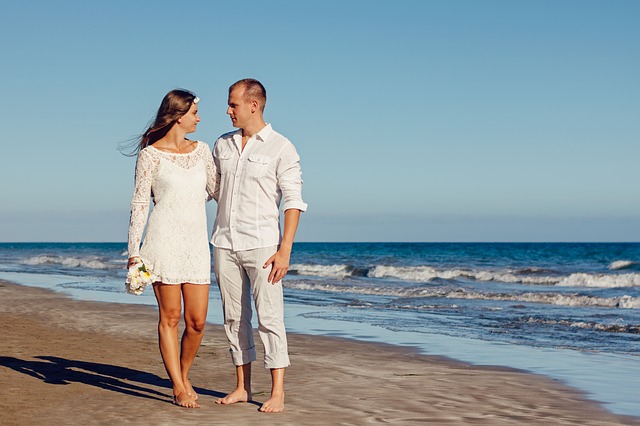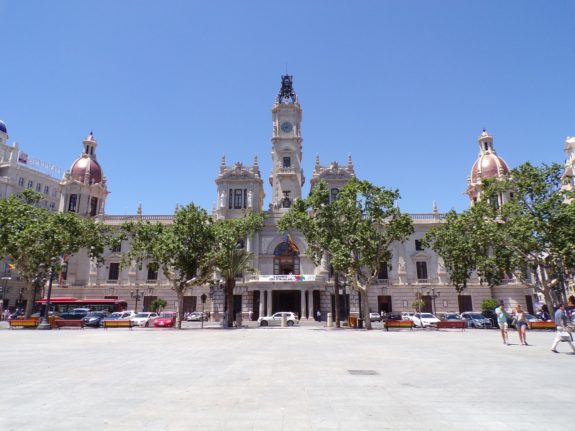Non-residents
Let’s look at the situation for non-residents. What if you and your partner live in the UK for example, but want to get married in Spain? Unfortunately, the answer is no, you can’t legally get married in Spain if you don’t live here.
Unlike, places such as Italy, Denmark and the US, a legal destination wedding is not possible in Spain for non-residents. Read on until the end for an alternative idea that will enable you to have your wedding here.
Resident new arrivals
What if you and your partner are both foreigners who have recently moved to Spain – can you legally get married then?
The answer largely depends on how long you and your partner have lived in Spain. Spanish law states that at least one of the partners getting married must have residency in Spain for at least two years before the marriage.
One of the documents you must present ahead of time, along with a whole stack of other papers, is your residence card such as a TIE or green certificate or sometimes your empadronamiento certificate, which shows that you’ve been living in Spain for at least two years.
This means that if you and your partner are newly arrived, you will have to wait two years, before being able to legally marry on Spanish soil.

Foreign residents in Spain
If you and your partner are both foreigners and at least one of you has been living in Spain for two years or more, then there’s no problem in legally marrying here.
While it’s possible, like many things in Spain, there’s a huge amount of bureaucracy and paperwork involved and it may take several months.
The process differs slightly depending on which region you want to marry in, but you will usually be required to present the following documents:
- Full original birth certificates
- Passports and ID cards
- Certificate of no impediment – meaning you’re free to marry. You will have to apply for this from your embassy or consulate.
- Residency cards stating you have lived in Spain for at least two years.
- Any divorce or annulment certificates if you’ve been married before.
- Details and ID cards/passports of your witnesses
All these documents will have to be translated into Spanish by an official translator, as well as apostilled so that they’re recognised in Spain.
You may also need to undergo a personal interview process in order to be granted permission to marry.
If you want a religious marriage, you may also be required to produce further documentation.
Foreigner marrying a Spaniard
If you are a foreigner in Spain and want to get married to your Spanish partner, you can do so without the requirement of having lived in Spain for two years.
The process can still take several months to organise, however, and you will still need the same documents as above and may be required to undergo an interview process.
If you are from a non-EU country but your partner is an EU citizen, a civil marriage will allow you to obtain residency in Spain without the need of having a job (as long as your partner can prove sufficient means of income for both of you).
If your spouse is Spanish, you will also be able to apply for Spanish citizenship after one year of marriage.
What if we just want to have our wedding in Spain?
If you still want to get married in Spain and don’t meet the above requirements, it’s totally possible to do the legal part of the ceremony in a different country and then have your wedding celebration here.
This doesn’t require any paperwork at all because technically you’re already married, so it’s the same as having a big party to celebrate your nuptials. It means that you can get married in that Spanish villa you’ve always dreamed of without all the hassle.
It also means that you can ask someone close to you such as a friend or family member to conduct the ceremony, as they won’t have to do any paperwork either.



 Please whitelist us to continue reading.
Please whitelist us to continue reading.
Member comments